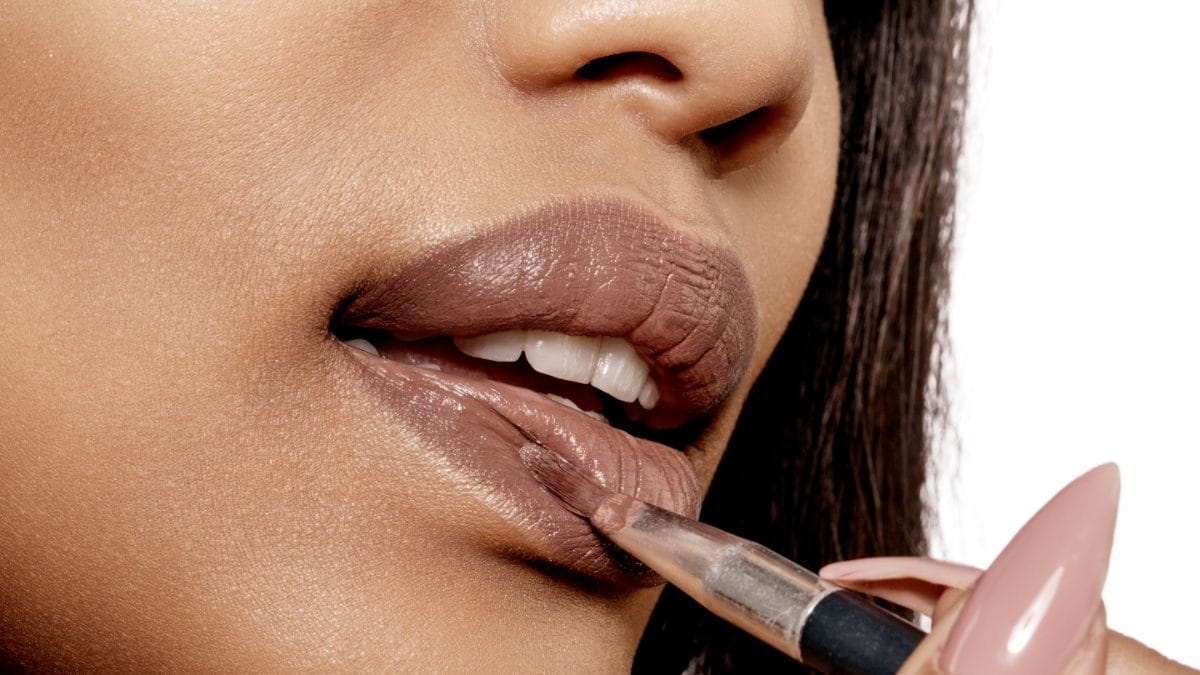Last Updated:
The future of the beauty industry lies in embracing lifestyle trends that prioritize personalization, sustainability, wellness, inclusivity, and proactive regulatory compliance

As we look to the future, it is clear that brands must embrace lifestyle trends that prioritize personalization, sustainability, and wellness to thrive in this dynamic landscape
The beauty industry is at a pivotal moment, driven by evolving consumer expectations and an urgent need for sustainable practices. As we look to the future, it is clear that brands must embrace lifestyle trends that prioritize personalization, sustainability, and wellness to thrive in this dynamic landscape.
Personalization Through Technology
Today’s consumers are increasingly seeking products tailored to their unique needs. The traditional one-size-fits-all approach is fading, giving way to a demand for personalized beauty solutions. By leveraging technology such as data analytics and artificial intelligence, brands can gain insights into consumer preferences and behaviours. This allows for the creation of custom formulations—from skincare regimens to makeup shades—that resonate deeply with individual customers. Such personalization not only enhances customer satisfaction but also fosters a stronger emotional connection between the brand and its consumers.
Commitment to Sustainability
Sustainability is no longer just a trend; it is a fundamental expectation among consumers, particularly younger generations who are increasingly eco-conscious. “The beauty industry must respond by adopting sustainable practices across all operations. This includes using biodegradable packaging, sourcing ingredients ethically, and committing to transparency in ingredient sourcing. Brands should focus on creating products that are not only effective but also environmentally friendly, reflecting a commitment to reducing their ecological footprint,” says Edyta Kurek, Senior Vice President, Oriflame India and Indonesia.
Moreover, as consumers become more aware of the environmental impact of their choices, there is a growing demand for clean beauty products—those that are free from harmful chemicals and made with natural ingredients. Companies must innovate in product development to meet these expectations while ensuring that sustainability is embedded in their ethos and operations.
Wellness-Centric Products
The modern consumer increasingly views beauty as an extension of overall wellness. Kurek adds, “This shift towards wellness-centric products means that beauty brands should develop offerings that enhance not just physical appearance but also mental and emotional well-being. Products infused with natural ingredients known for their therapeutic properties can appeal to this trend, providing consumers with holistic benefits.”
Additionally, engaging communities through education about wellness and sustainable practices can further strengthen brand loyalty. By positioning themselves as leaders in both beauty and well-being, brands can cultivate a loyal customer base that values their commitment to health and sustainability.
Inclusivity and Community Engagement
Inclusivity remains a crucial aspect of the beauty industry’s evolution. “Brands must ensure that their product offerings cater to diverse skin tones, types, and cultural backgrounds. This inclusivity should extend beyond products to encompass marketing strategies that reflect the diversity of consumers,” shares Kurek.
One powerful way to enhance inclusivity is by turning consumers into advocates and ambassadors for the brand. By fostering communities where customers feel valued and heard, brands can create spaces for dialogue and feedback.
Encouraging user-generated content—such as testimonials, makeup looks, or skincare routines—allows advocates to share their experiences authentically on social media platforms. This not only amplifies brand visibility but also builds trust among potential customers who resonate with real stories from everyday users.
“Brands can further engage these advocates through exclusive events or loyalty programs that recognize their contributions. For instance, hosting virtual masterclasses or providing early access to new products creates a sense of belonging and appreciation among loyal customers. Such initiatives deepen the bond between advocates and the brand while encouraging them to champion the brand within their networks,” opines Kurek.
In conclusion, the future of the beauty industry lies in embracing lifestyle trends that prioritize personalization, sustainability, wellness, inclusivity, and proactive regulatory compliance. By aligning with these values and empowering consumers as advocates, brands can build lasting relationships with customers in an ever-changing market landscape. The journey ahead will require innovation and commitment, but those who embrace these principles will not only survive but thrive in the beauty industry of tomorrow.


